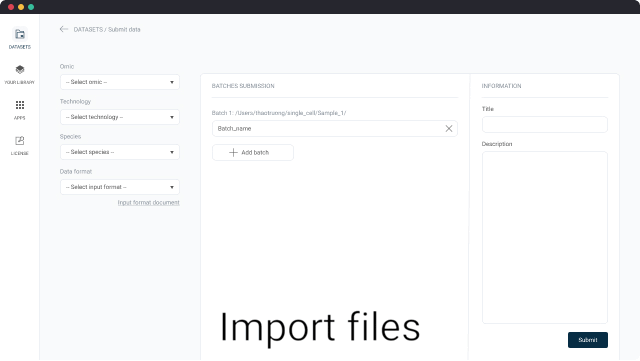Direct Exposure to SARS-CoV-2 and Cigarette Smoke Increases Infection Severity and Alters the Stem Cell-Derived Airway Repair Response
Arunima Purkayastha, Chandani Sen, Gustavo Garcia Jr., Justin Langerman, David W. Shia, Luisa K. Meneses, Preethi Vijayaraj, Abdo Durra, Caroline R. Koloff, Delilah R. Freund, Justin Chi, Tammy M. Rickabaugh, Apoorva Mulay, Bindu Konda, Myung S. Sim, Barry R. Stripp, Kathrin Plath, Vaithilingaraja Arumugaswami, Brigitte N. Gomperts
Abstract
Current smoking is associated with increased risk of severe COVID-19, but it is not clear how cigarette smoke (CS) exposure affects SARS-CoV-2 airway cell infection. We directly exposed air-liquid interface (ALI) cultures derived from primary human nonsmoker airway basal stem cells (ABSCs) to short term CS and then infected them with SARS-CoV-2. We found an increase in the number of infected airway cells after CS exposure with a lack of ABSC proliferation. Single-cell profiling of the cultures showed that the normal interferon response was reduced after CS exposure with infection. Treatment of CS-exposed ALI cultures with interferon β-1 abrogated the viral infection, suggesting one potential mechanism for more severe viral infection. Our data show that acute CS exposure allows for more severe airway epithelial disease from SARS-CoV-2 by reducing the innate immune response and ABSC proliferation and has implications for disease spread and severity in people exposed to CS.
Datasets
1. Direct Exposure to SARS-CoV-2 and Cigarette Smoke Increases Infection Severity and Alters the Stem Cell-Derived Airway Repair Response

Analyze this study
Source data
https://cellxgene.cziscience.com/collections/cdfb9ead-cb58-4a53-879d-5e4ed5329e73
Alias names
GSE161089, PMID33259798, PMC7670932
Cite this study
Purkayastha, A., Sen, C., Garcia, G., Langerman, J., Shia, D.W., Meneses, L.K., Vijayaraj, P., Durra, A., Koloff, C.R., Freund, D.R. and Chi, J., 2020. Direct exposure to SARS-CoV-2 and cigarette smoke increases infection severity and alters the stem cell-derived airway repair response. Cell stem cell, 27(6), pp.869-875. https://doi.org/10.1016/j.stem.2020.11.010
